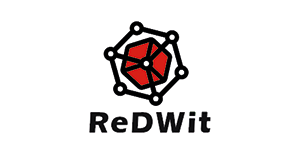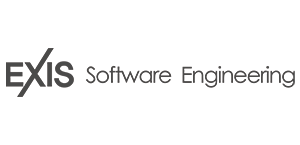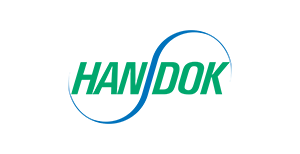
TravelAI develops and operates personalized, customized travel app services. We provide a service that finds travel information and recommends products based on AI by studying user tastes and reflecting them in real time based on location.
The Challenge
Because TravelAI had a need to change its static workload, Cloocus suggested GCP migration. In this process, TravelAI placed emphasis on cost as well as performance, and Cloocus solved this problem by setting and using the desired machine spec as a Custom Machine type and using GCP’s SUD (Sustain Use Disconuts).
The Solution
Cloocus carried out TravelAI’s On-prem to Cloud Migration to Google Cloud. GCP’s VPC, which guarantees low latency and high security through the use of Google’s own submarine cables and allows multi-region within one VPC, enables global expansion of TravelAI’s apps. TravelAI wanted to build a data pipeline on the cloud, so Cloocus proposed a Data Analytics Architecture using Dataflow and BigQuery. Additionally, some of TravelAI’s AI services have structural issues that can only be built in an on-prem environment, so we established a server within IDC and then configured GCI (Google Cloud Interconnect) to provide a scalable hybrid environment.
The Result
TravelAI achieved cost efficiency and secured service flexibility and stability through GCP Migration with Cloocus. DB, which was previously used on-prem and had cost issues, achieved cost savings by deploying Mongo DB Community ver. on GKE, and SLA was guaranteed up to 99.95% by configuring it with a regional cluster and 3 or more worker nodes. In addition, we plan to use the Google Cloud Speech-To-Text API in relation to the speech recognition technology that will be used in the AI Service, and we expect that by using this API, we can reduce the time and resources required to develop models.
A stable hybrid cloud has been created through the introduction of a flexible cloud.
< Travel Rai, CEO Seoktae Yoon>





